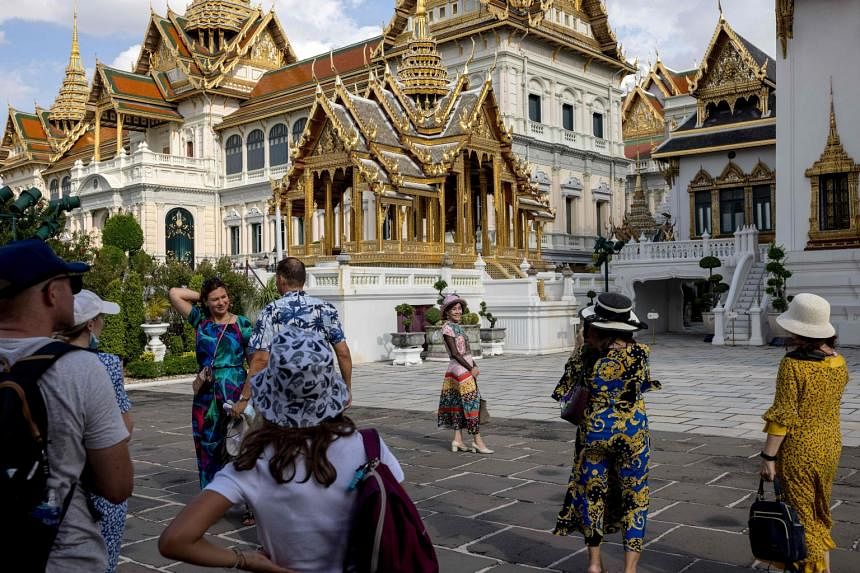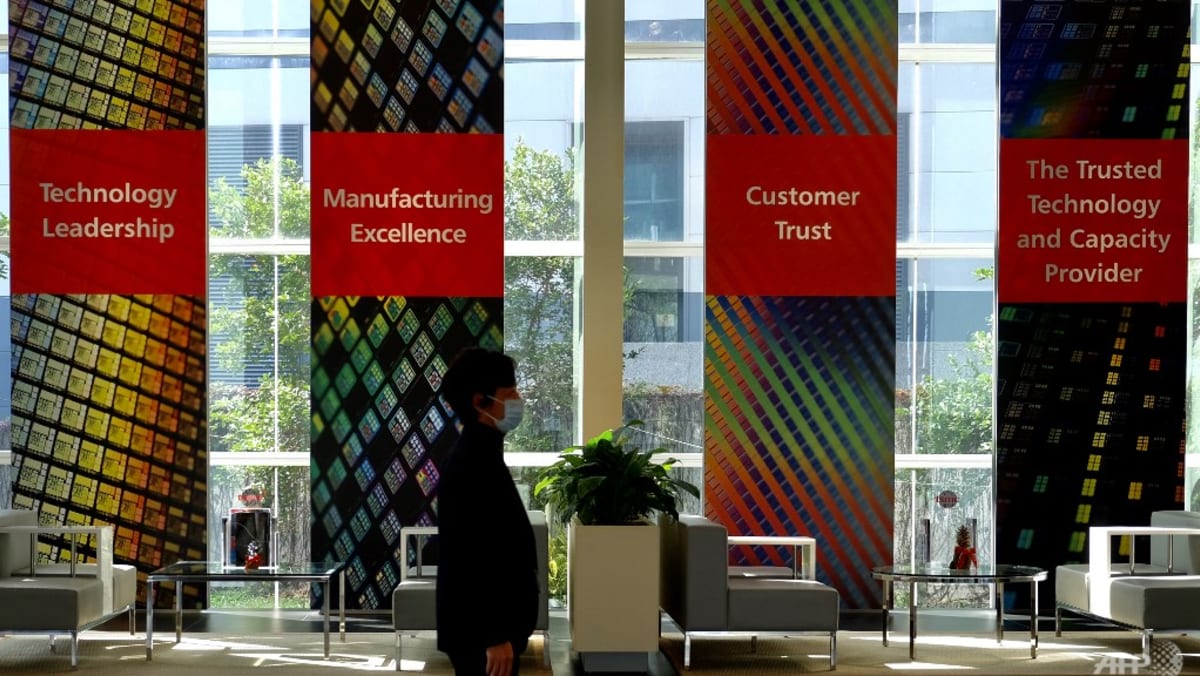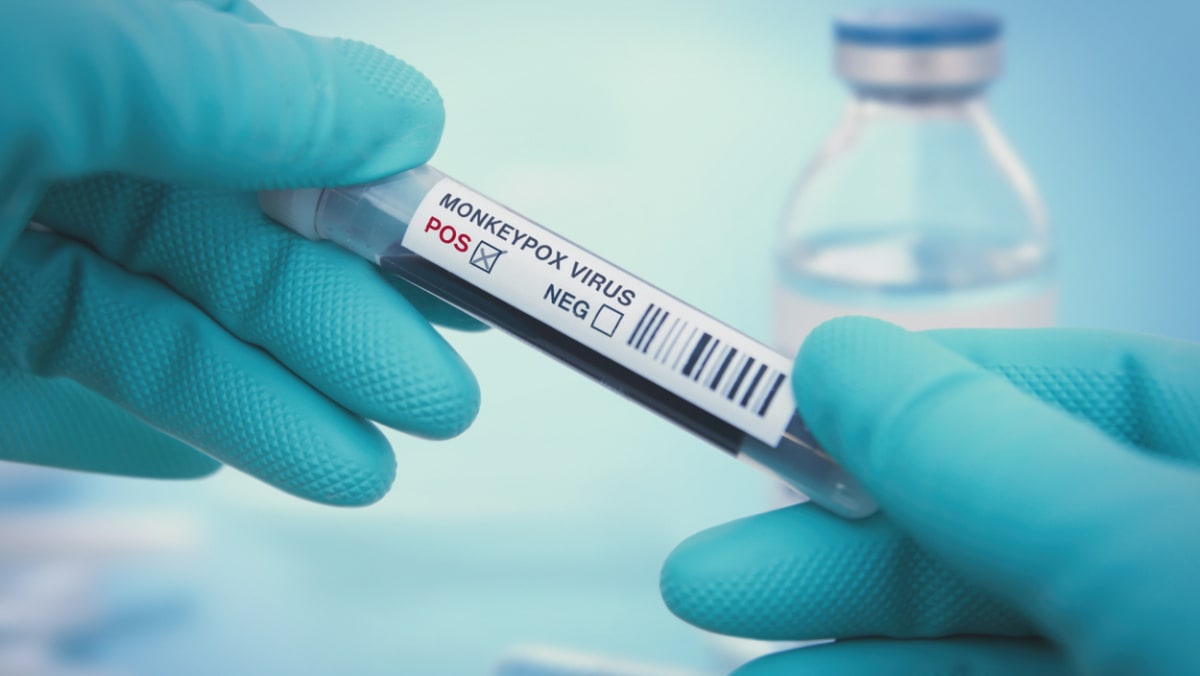Some parents said that the digital age has blurred the boundaries between school work and downtime, resulting in students here being too wired up to go to bed early.
Mrs R Lim, 46, a homemaker, said that parents must keep an eye on their children’s sleep, but schools and teachers have a part to play in how they engage students during after-school hours.
She can no longer enforce a strict 9.30pm bedtime for her 13-year-old son Ray since he started secondary school this year.
“I’ve had to extend his bedtime (to 10pm) because he seems to have endless things and projects to do on his school laptop.
“Then, there’re class chats (over WhatsApp) and he tells me that teachers sometimes give last-minute assignments or classmates want to do last-minute project work,” Mrs Lim added.
“Why can’t announcements and information about homework be communicated during school hours, like how it used to be back in my time?”
WAKING TOO EARLY FOR SCHOOL
Sleep experts said that a main contributing factor for school-going teenagers not getting enough sleep is not so much about later bedtimes, but that they have to wake too early for school.
Teenagers have a natural biological tendency to sleep later, compared with younger children and adults.
Dr Lim explained: “As you go into the teenage years, there is a gradual delay of the circadian rhythm (the ‘body’s 24-hour clock’ that regulates physical functions and behavioural changes).
“(An earlier bedtime) may be possible with younger children but in the teenage group, their natural sleep comes better later, for example, 10pm to 11pm.
“Generally, teenagers may not really go to sleep well until 11pm. And if they need (eight or) nine hours of sleep, then their wake time should be at 8am for them to get the recommended amount of sleep.”
That is why some sleep experts here have called for the Government to step in and let schools adopt later starting times every day, particularly for the teenage group.
Sleep scientists such as Professor Michael Chee from the Yong Loo Lin School of Medicine in the National University of Singapore, and Associate Professor Joshua Gooley from Duke-NUS Medical School, have been vocal in advocating for secondary schools and junior colleges here to start every day at 8.30am or later, based on scientific evidence.
Ms Chai from Think Psychological Services and Think Kids said: “Research has shown that starting school around 8.30am supports the biological needs of adolescents as this provides an opportunity for them to increase their amount of sleep.”
Dr Lim also said that she is “all for” later start times in schools. “If the reasons for not delaying school start time is logistical, I hope we can find ways to get around it.”
Two research studies commissioned by the Ministry of Education (MOE) are now underway to look at the impact of factors affecting sleep duration and sleep quality of students in Singapore to better understand how later start times in schools could contribute to students’ longer sleep duration.
When approached by TODAY, MOE said that it takes a “holistic approach” in helping students develop good sleep hygiene and healthy habits. This is done at age-appropriate junctions through physical education and character and citizenship education lessons.
MOE said that it also works with schools to monitor the overall work and activities load — both academic and co-curricular — of students in school, as well as their parents.
SOME SCHOOLS SHIFT START TIMES
MOE repeated its stance that schools are not to start earlier than 7.30am and that schools have the autonomy to decide on the appropriate start time, adding that some have shifted their start times in recent years.
For example, Junyuan Secondary School starts at 8am on three days of the week and 8.30am on two days. TODAY understands that Loyang View Secondary School also recently shifted its start time on Mondays to 8.30am.
Adblock test (Why?)
https://news.google.com/__i/rss/rd/articles/CBMigwFodHRwczovL3d3dy50b2RheW9ubGluZS5jb20vc2luZ2Fwb3JlL3doeS1jYW50LXRlZW5hZ2Vycy1zbGVlcC1lYXJseS1jYW4tcGFyZW50cy1hbmQtc2Nob29scy1kby1tb3JlLWNvbWJhdC1pdHMtaWxsLWVmZmVjdHMtMTk2MzA4NtIBAA?oc=5
2022-08-06 00:00:00Z
CBMigwFodHRwczovL3d3dy50b2RheW9ubGluZS5jb20vc2luZ2Fwb3JlL3doeS1jYW50LXRlZW5hZ2Vycy1zbGVlcC1lYXJseS1jYW4tcGFyZW50cy1hbmQtc2Nob29scy1kby1tb3JlLWNvbWJhdC1pdHMtaWxsLWVmZmVjdHMtMTk2MzA4NtIBAA
/cloudfront-us-east-2.images.arcpublishing.com/reuters/WJPNSNOJUNKHRKG3LK45MIQUVM.jpg)





